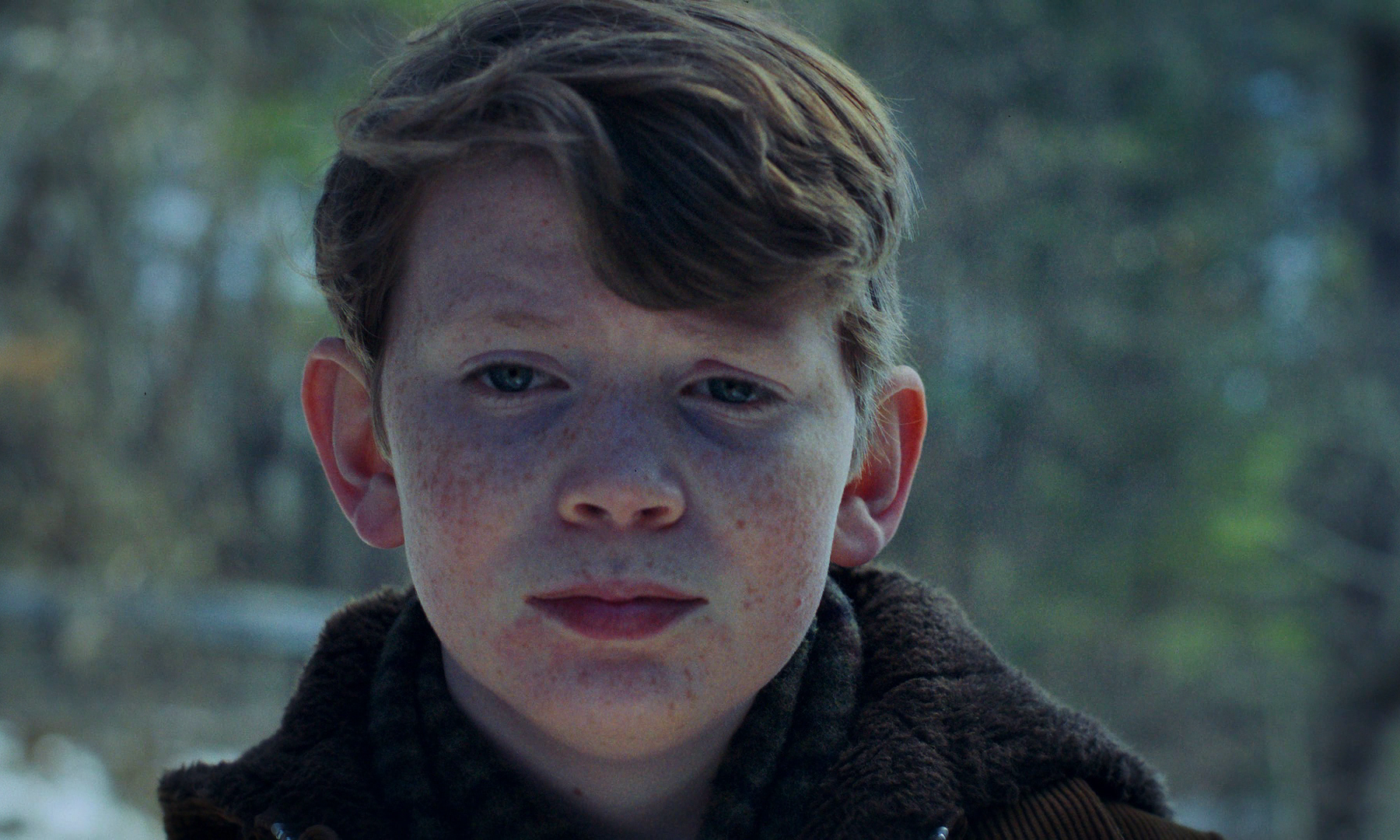The Bricklayer (2024) + The Beekeeper (2024)
THE BRICKLAYER
***/****
starring Aaron Eckhart, Nina Dobrev, Tim Blake Nelson, Clifton Collins, Jr.
screenplay by Hanna Weg and Matt Johnson, based on the novel by Noah Boyd
directed by Renny Harlin
THE BEEKEEPER
**½/****
starring Jason Statham, Emmy Raver-Lampman, Josh Hutcherson, Jeremy Irons
written by Kurt Wimmer
directed by David Ayer
by Walter Chaw We live in a blizzard, a brutal ice storm, a maelstrom of jagged information–and rather than bringing us any closer to a collective mean, the weight of what we know shoves us back into our balkanized bunkers. Knowledge can be scary; the truth about who we are and our relative inconsequence is terrifying, humiliating. I don’t think we’ll ever recover our sense of, if not unity, at least whatever progress we made towards unity. No, not without bloodshed. Not without a reduction in the noise. We weren’t designed for this onslaught. We don’t have the sorting mechanism for it. It’s not like drinking out of firehose–it’s like drinking out of Niagara Falls. We are a species bent into the fetal position: from fear, for protection. It’s made us mean and mistrustful. “How terrible is wisdom when it brings no profit to the wise.” Sophocles nailed it centuries ago. Perhaps that’s why movies like the John Wick and Mission: Impossible franchises remain so popular: they exist in worlds where there are discernible rules, populated by men who are good at more than manipulating information for personal gain. We like the idea of that, you see–of expertise and righteous purpose, even if it seems like competence is a myth designed to ensnare children and radicalize the gullible. Didn’t we used to be a nation of capable people? Didn’t we used to do things that were for the greater good and not merely profitable (and at someone else’s expense)? Didn’t we used to have causes that weren’t only predatory?


